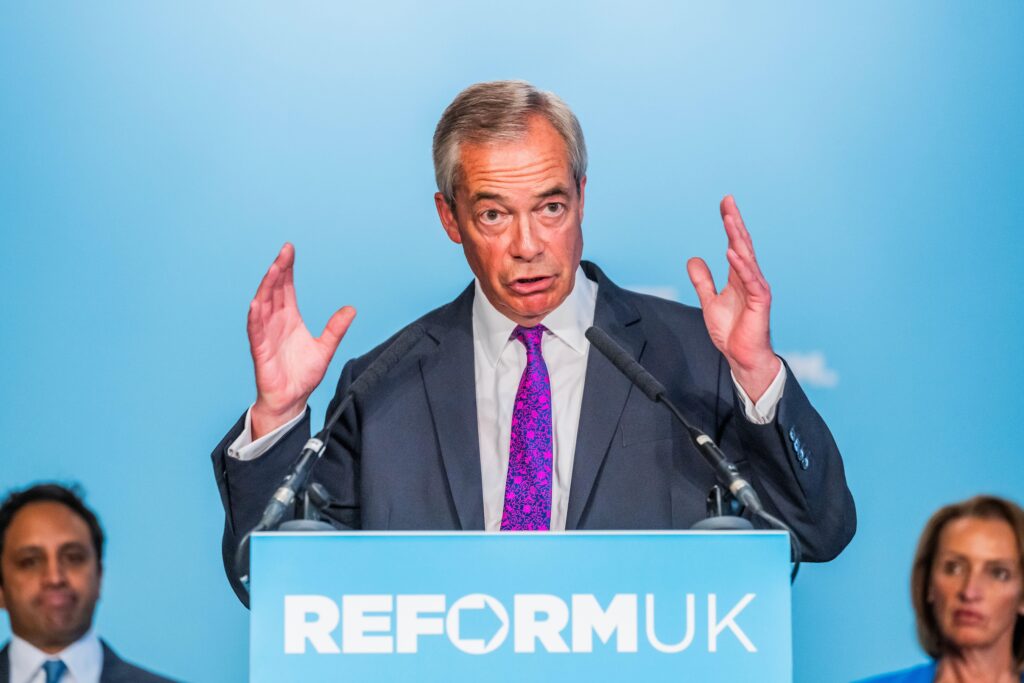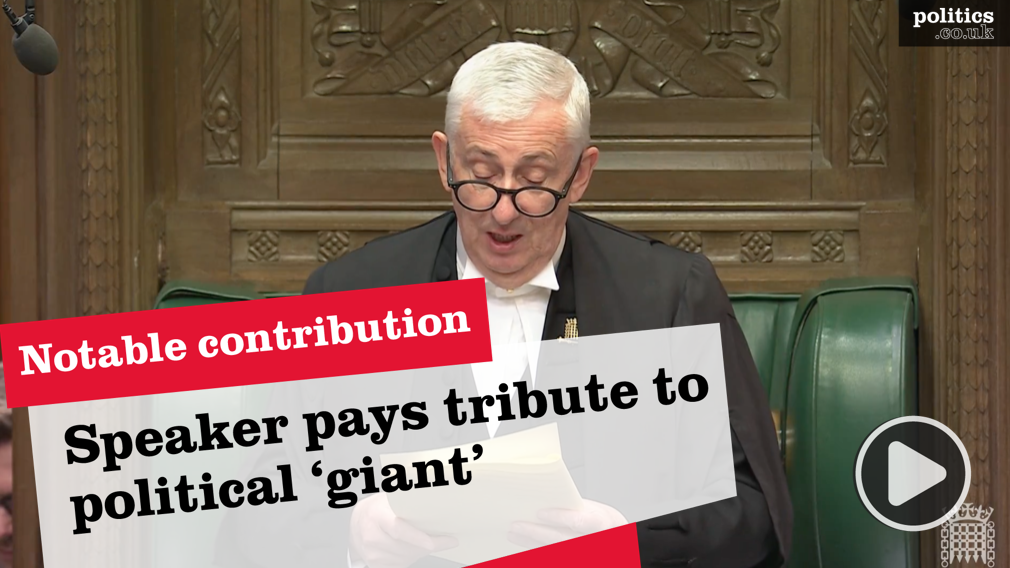Every parent knows the internet can be a dark, dangerous place for children. We’ve seen the worst of it — from tragic deaths, horrific abuse, radicalisation, and the rise in misogyny and violence levied against women and girls. Algorithms aren’t neutral. They’re designed to maximise engagement, even if it means driving users toward hate and extremism. Every week we see the consequences, not just in devastating headlines, but in classrooms, homes, and communities across the UK.
When it comes to protecting our children and our democracy, there should be no room for compromise. Yet, the Labour government now appears willing to put both on the line for the sake of a trade deal with Donald Trump.
Reports suggest digital regulation and tech taxation are being negotiated as part of the US-UK trade talks. When I raised this in parliament before Easter, I was told my concerns were “misplaced.” Despite this, the prime minister himself has since implied that online safety is indeed on the table. This could mean the Online Safety Act’s already-limited protections, still to be fully implemented, are quietly traded away.
The UK government is considering giving Big Tech more power, not less, at a time when the public is crying out for stronger protections and fairer taxes on billionaires.


They’ve tried to paper over the cracks with newly-announced, and long-awaited, children’s codes of practice — but even now, they refuse to take full ownership of the issue. Instead, we have a technology secretary pointing to TikTok’s new bedtime function as a potential model for safeguarding.
When the government is looking to these platforms for leadership, we should be very worried.
The prime minister has loudly praised the Netflix series ‘Adolescence’, hosting its creators and associated charities at No. 10. But this superficial gesture is meaningless when he refuses to implement the real reforms that would protect young people in the first place.
Social media companies have had countless chances to act responsibly. They haven’t. The Online Safety Act was already a compromise, late and weakened by lobbying, but it was a step forward. Now, in pursuit of a fast-track trade deal, this government appears open to handing even those meagre protections away — to Trump, to Musk, and to the very companies profiting from digital harm, division and disinformation.
Let’s be clear, though, this is not just about social media. This is about who runs our democracy. Is it our constituents, or is it tech billionaires and populist strongmen?
It’s hard to reconcile. Ministers claim there’s no money to support disabled people or struggling families, but somehow they find political flexibility when billionaires are on the other side of the table. They’ll squeeze pensioners for pennies, but stay silent when Big Tech comes calling. It says everything about who this government truly strives to represent.
The price of that silence, however? A political system where intimidation, abuse and disinformation flourish. A generation of young men fed violent misogyny, conspiracies and extremism, all curated by the platforms they spend hours on. An electoral system vulnerable to foreign interference and radical actors.
We’ve already seen the signs. In Romania, a pro-Russian candidate surged to the top of the presidential first round due to algorithmic manipulation. In Germany, where far-right parties are being openly endorsed by those now in the White House. Right here in the UK, where nearly a quarter of voters encountered deepfakes during the last election, and riots last summer were stoked by overseas agitators online.
This is the real battleground now. Not parliament. Not doorsteps. But your phone screen.
So when we’re told that these protections are negotiable, or that “free speech” is more important than regulating extremism, we should ask: whose speech is being protected? Whose freedom?
Because it’s certainly not the freedom of women being driven out of public life by anonymous threats. It’s not the freedom of teachers trying to protect pupils from online radicalisation. And it’s not the freedom of children being exploited or abused on platforms that do nothing until it’s too late.
I’ve experienced this personally. When I spoke out about Elon Musk’s role in enabling extremism, I was bombarded with coordinated abuse, threats of violence, and rape threats. When the Tate brothers got involved — two men under criminal investigation for serious offences — I was called a “nice target” as an MP and was threatened with a lawsuit. That’s not disagreement; it’s intimidation. It’s silencing.
If we let Big Tech rewrite our laws from across the Atlantic, we are not just negotiating a trade deal. We’re handing over control of our society to those with no stake in it, no accountability to it, and no interest in protecting it.
There is still time for the government to change course. To assure the public that our digital protections are not for sale. To stand up to vested interests instead of bowing to them.
How the government is negotiating now is not leadership, it’s complicity, and the people who will suffer most aren’t at the negotiating table. They’re the ones sitting in classrooms, wondering why the adults in charge didn’t protect them when it mattered.
Politics.co.uk is the UK’s leading digital-only political website. Subscribe to our daily newsletter for all the latest news and analysis.












